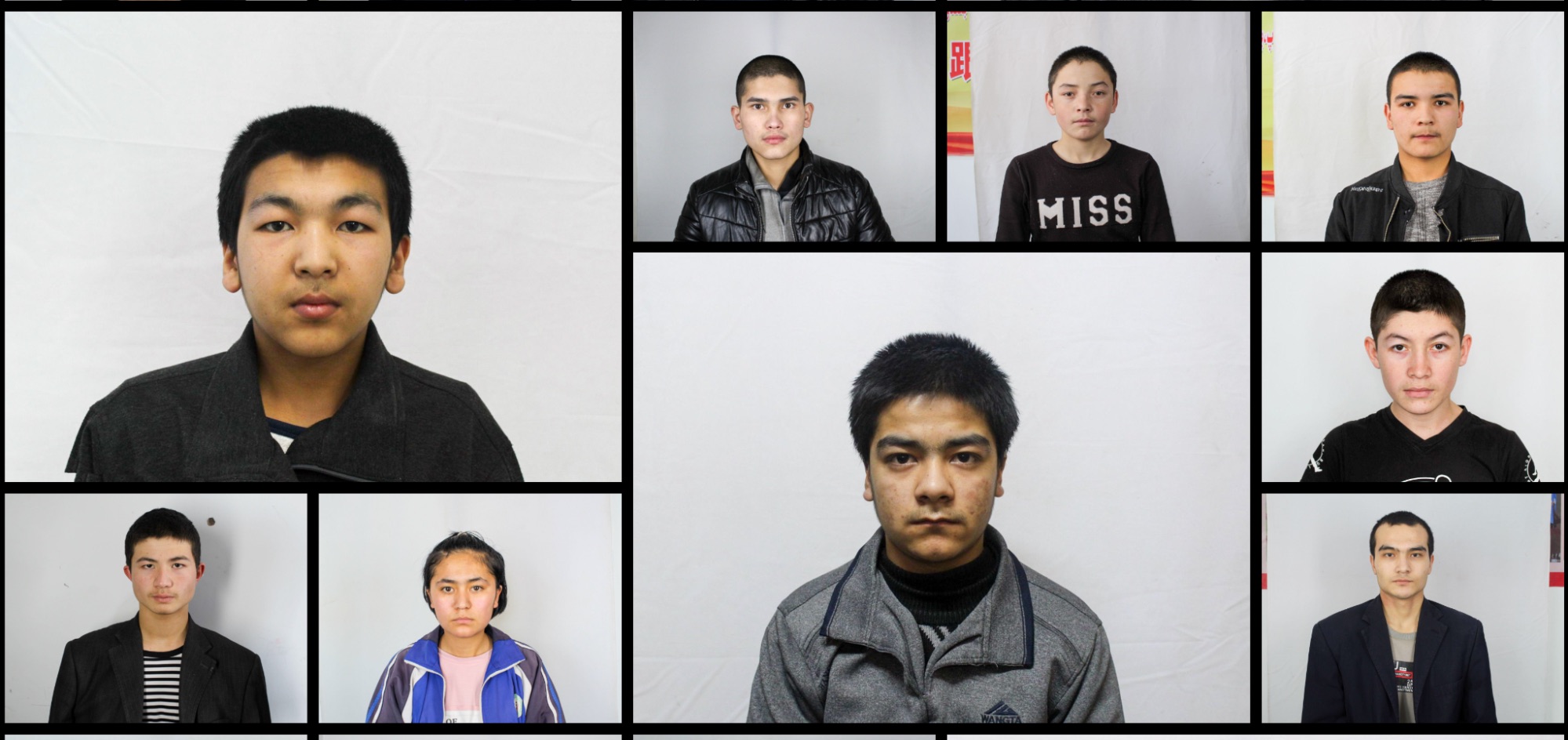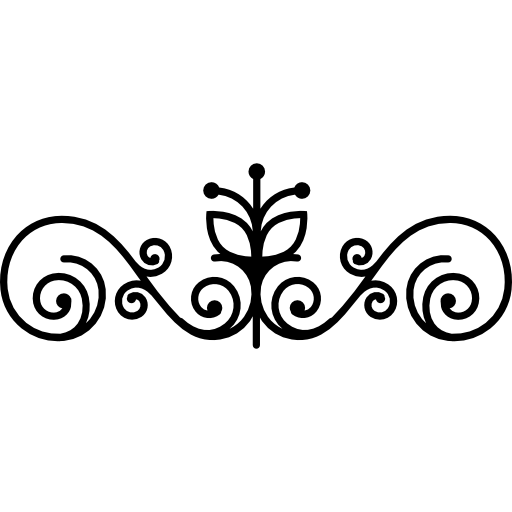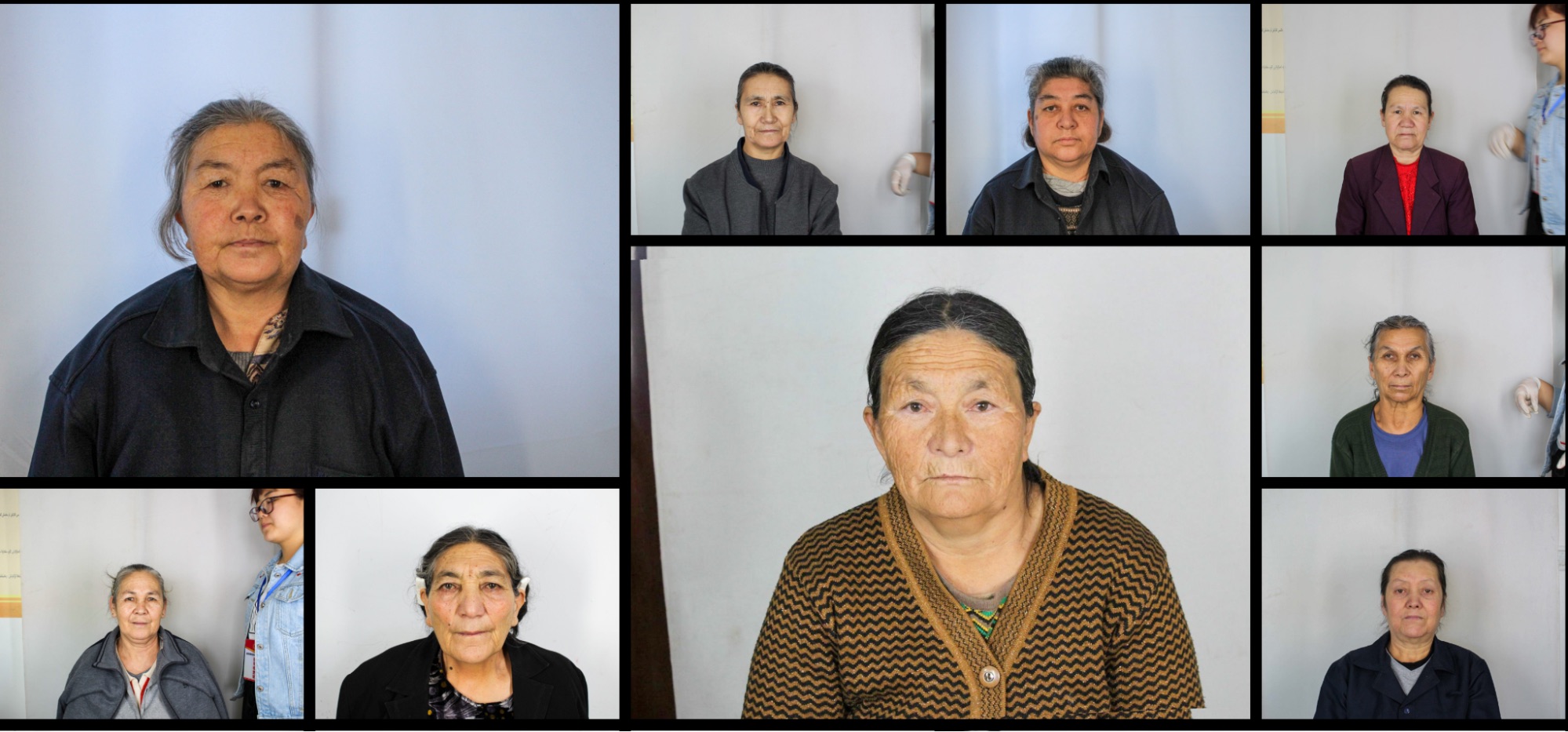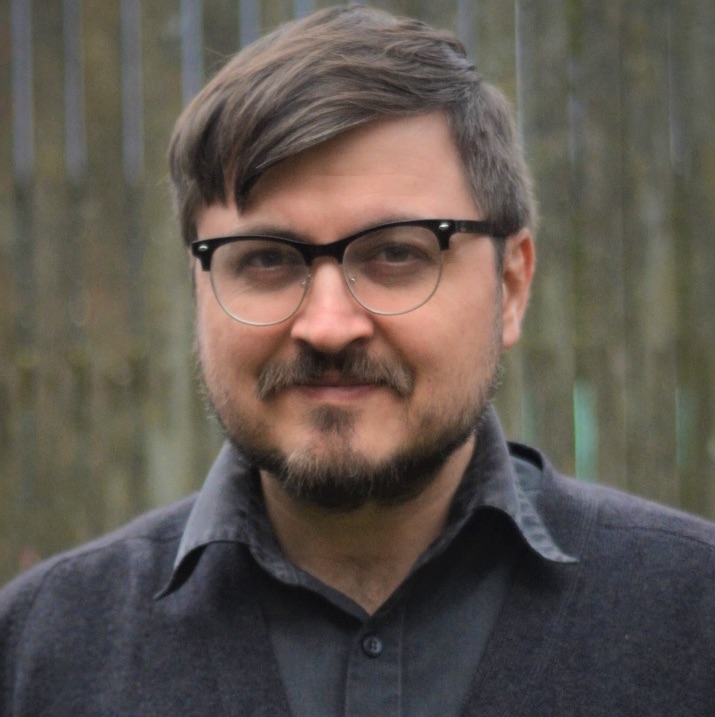An anonymous letter from a Uyghur in China
A citizen in eastern China describes how Uyghur “mouths have been sealed” over the past five years.

Some time ago in a major city in eastern China, a letter was hand-delivered by a Uyghur young man. The young man addressed the letter to the world outside China. The recipient of the letter, a non-Chinese citizen in eastern China, in turn shared it with me at the author’s request.
At the risk of great personal harm, the author insisted that the letter be translated, edited, and published in English. After independently confirming the identity of the letter-writer, I agreed to do this. The version of the letter below has been approved by the author. The original full-length Chinese version of the letter is available here.
In the letter, the author describes how his life has been shattered by the mass internment campaign that has swept up Uyghurs from across the country, trapping them “in the darker world of Xinjiang.” He talks about the way the souls of Uyghur children are imprisoned from the day they are born, and how it didn’t used to be that way. He grew up believing in China, honored to be the one who raised the red flag at his school in Xinjiang. Now he has seen his relatives taken away, the fear on his parents’ faces. He, like most Uyghurs in China, knows a great deal about the reeducation camps and “poverty alleviation” programs that are used to separate them from each other and their way of life.
The world he describes is portrayed in full color in a vast archive of thousands of images taken by police officers of detainees in Kashgar Prefecture, which was published in May 2022. The images show thousands of Uyghurs, some as young as 15, in the process of being interned in camps, prisons, and industrial parks in 2017 and 2018. A speech included in the leaked data from Zhào Kèzhì 赵克志, the national leader of China’s Ministry of Public Security, describes as many as 2 million such Muslims in need of such reeducation.
Scanning through the faces of these detainees, the reality of what the letter-writer describes from his vantage point in eastern China, though filtered through the messages and experiences of his family and friends in Xinjiang, is presented in high resolution.
—Darren Byler

I am a Uyghur living in China, and I am taking a terrible risk by writing this. I dare not disclose my name, because I would not be the only one to suffer. My parents, who are nearing retirement, would likely go to prison, and my little sister would never escape the fallout.
From the time of my grandparents onward, my family members have all been members of the Communist Party. I have been in government since I was young, and always in contact with a large number of government personnel.
My parents sent me to a Chinese school as a child because Chinese language skills are necessary to attain good standing in China. Our family never rejected this. I was eager to be the flag-raiser in elementary school. When I was in third grade, I got my wish. Seeing the red flag flying, I felt pride and deep love for this land.
I never thought about splitting the country [by advocating for Uyghur independence], never thought that my family would be persecuted. But all of my thinking has been gradually broken down since 2009 [when there were widespread Uyghur protests and rioting, followed by mass disappearances and policing].
My family members never committed any illegal acts, but my uncle accidentally crossed a line. An old Communist Party member, he was sentenced to 30 years and was not allowed to appeal, under the threat that my grandmother would also be locked up for three years. And my grandmother’s younger brother, who was not a party member because of his religious beliefs, was also locked up.
Now my parents go to work day after day, where they are subjected to criticism and struggle sessions in front of their colleagues. They dare not ask for dismissal from work. They must be extremely careful, or they will be taken into the concentration camps.
These things should be known and someone should say them. But when you disclose such information, Chinese diplomats take the stage, claiming that the information is false and there is no way to verify it. But this will not stop me from writing to testify to my experiences and those of my family and friends, to demand change from my country, and to plead for help from the international community.
Like all Uyghurs I know, my identification card carries a special electronic security warning. In Xinjiang, where Uyghurs’ homeland is located, you have to swipe this card to pass checkpoints that have popped up all over the cities, at the entrance of bookshops, supermarkets, malls, and university campuses. I am fortunate to live far from Xinjiang, on China’s eastern coast. Surveillance is looser here, but when I travel, my ID card suddenly gives away my ethnicity.
As soon as you swipe, an alarm sounds behind the scenes and the person you are dealing with will start to treat you differently. Once at a high-speed rail station in Beijing, I was dragged immediately to the security area, where they turned over my bag. In Yunnan, before getting off a plane, the flight attendant told me that I needed to wait. The plane unloaded as expected, and the police were waiting for me at the exit. The same happened when I went to Guangzhou and Hangzhou. Once I was in Shenzhen, and, after checking into a hotel, the police came to check the room and turn over my belongings. Then they took me in the police car to the police station. The general process is to simply ask you questions and make notes, then take you into the photography room, let you stand against the wall with a height scale, and take three consecutive photos. Some overzealous police stations will ask you to add your WeChat, and then at a certain time, you will be asked to send your location, along with photos of what you are doing.
Many Uyghurs would feel extremely lucky to be in my situation. Utilizing China’s household registration policy, more and more Uyghurs tried to move out of Xinjiang to other parts of China, so as to avoid the much harsher surveillance and harassment by local officials in Xinjiang. But after the authorities recognized what was happening, they immediately suspended most areas from accepting Uyghur household registration. Nearly all Uyghurs are trapped in the darker world of Xinjiang.
Around 2017, the arrests started. At first, it was people with previous convictions and criminal records. Then they started arresting religious people. One was a relative of mine, whom I remember as a very prestigious religious person, a very kind and devout Muslim. Then they began to arrest all Uyghurs who had a record of international travel, focusing on people who had been to Turkey and other Islamic countries.
This inspired a group of influential writers from Xinjiang and relevant senior officials to fight back. The only thing they could do was to express their opinions and tell the government that the policy was inhuman. This obviously aroused a stronger suppression by the government. All Uyghur cultural circles and intellectuals active at all levels of society were brought in.
Then the government began the ridiculous “integrated system” [IJOP: a computer system that flags individuals as potential criminals based on personal data and surveillance]. For example: if your car is parked in the garage for a long time, the government will call you to tell you that because your car has been inactive, you have been flagged by the system and need investigation. For this reason, someone was also brought in.
As for the rules and regulations of the “integrated system,” there is no explanation on how to implement and determine the nature and scope of the individuals to be inspected or arrested. The person who detained you will not tell you anything. In most cases, they do not know the reason for arresting you, but your name is indeed on the IJOP list. Computer-generated data turned out to be a random excuse to seize people.
An uncle I knew used to work in a camp. His brother was detained in the camp, but he had no right to visit. Every day this uncle endures inner suffering.
Each concentration camp is equipped with countless monitoring devices, and the perimeter of the camps are completely closed by barbed wire and large iron gates. The staff only enters and exits with a personal work permit, and there is a fixed commute time every day. No entry or exit is allowed at other times, and large barriers are erected at the gates.
The camps are concrete voids. Every day, people in them are subjected to intensive education, criticism sessions, and, for some people, violence.
Since 2019, with the escalation of international discussions on human rights in Xinjiang, the government has begun to panic. In particular, when internal documents are circulating in foreign media, all internal documents are ordered to be cleared. Relevant policy books and all documents are destroyed uniformly, and some WeChat groups are also broken up to prevent the spread of any similar information on the internet.
Since the camps were reported by foreign media, many of the camps have been converted into workshops and factories. On the surface, the prisoners have been placed in employment.
Outside of the camps, a so-called “poverty alleviation” project is being carried out in many places. For example, in Shache County, Kashgar Prefecture, in order to meet the poverty alleviation standards, the poor farmers were forced to make loans, build their own houses, and purchase high-end furniture. It seems that they are indeed out of poverty, but the next problem is, how do they repay bank loans on time every month?
Education in the Uyghur language has virtually ended. Uyghur language books have been widely burned.
No one can say what will happen in 10 years, but the facts are the facts, and it is impossible to hide the truth. I want to remind government officials, when your children see your face in the future, after they understand the facts, they will certainly condemn you in their hearts. Later generations will not remember your empty lies. All they will remember is your persecution.
We Uyghurs are defenseless. Beyond sacrificing our own blood, we have no path of resistance! Our mouths are sealed and our hands cut off. If we do not borrow the rest of the world’s voice and hands, we will never see the light of day. We will be drowned in the spit of the Communist Party! Our children’s souls are imprisoned the day they are born.
I beg the nations of the world, especially Islamic countries, please wake up! Profit cannot come before your God. Don’t abandon your friends who love God to this hell on account of money. Thanks also for the consistent voices of Western countries: We need you, the United States, France, Turkey, Germany — don’t forget us! We in China, in Xinjiang, are waiting for the arrival of freedom and democracy. China, please wake up at the last moment! It is not too late to pull back. Otherwise, your delight in brutality will usher in a violent end!







